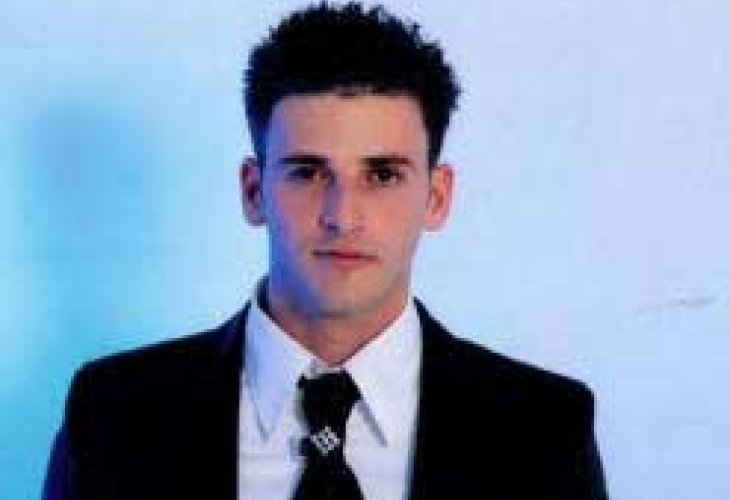Personality Development
The Power of Forgetting: Why Memory and Forgetfulness Are Both Divine Gifts
How to Train Your Brain to Remember What Matters- and Let Go of What Doesn’t
- |Updated

Research shows that human memory is far more complex and powerful than it seems. Most people can recall what happened today, yesterday, or even last week, but even then, the details are usually unclear unless the experience was particularly significant.
Under hypnosis however, people can often recall memories in vivid detail- even ones they didn’t consciously realize they had.
A few years ago, a fatal car accident made headlines when hypnosis helped solve the case: a truck hit a private vehicle and fled the scene. One of the accident victims who had lost consciousness, was hypnotized, and under that state, gave precise details about the vehicle that caused the crash. Though he hadn’t tried to remember at the time, the memory was still there, stored deep in his mind.
This demonstrates that our brain (or more precisely, the soul that resides within the brain) can retain every image seen through the eyes and every sound heard through the ears.
Why do we forget?
Forgetting: A Divine Blessing
According to the teachings of Jewish mysticism, forgetfulness is actually a great kindness from G-d. If we remembered everything at all times, we’d be overwhelmed.
When studying for a test, train your brain by saying, “I’m learning this to remember it forever- not just for the test.” This is important because the brain follows the instructions it's given.
If your brain is told, “Remember this just until test day,” it behaves like a computer- auto-deleting the file when it's no longer needed.
But if you say, “This is valuable long-term knowledge,” the brain prioritizes retaining it.
Those who develop this mindset over time become better thinkers and stronger learners.
Why Were We Created with the Ability to Forget?
- To release unnecessary information – things we only need short-term, like a temporary address. Without this filter, we’d be paralyzed by constant mental clutter.
To heal from emotional pain – Without forgetfulness, we would continually relive our worst experiences with the same intensity. The saying “Time heals all wounds” reflects the reality that time allows pain to fade, because we forget.
If we remembered every heartbreak, betrayal, or tragedy with full emotional impact, we wouldn’t be able to function. Forgetfulness is one of G-d's greatest gifts to the human soul.
There’s a Danger in Misusing Forgetfulness
The Torah warns: “Be careful, lest you forget the Lord your G-d” (Deuteronomy 8:11). We must not use the gift of forgetfulness to erase the wrong things, such as our connection to G-d, our moral compass, or our values.
It’s up to us to decide what gets remembered and what fades.
A Parable from the Maggid of Dubna
In a famous analogy, the Maggid of Dubna explains a verse where Moses rebukes the Israelites before his death: “You forgot the Rock who gave birth to you, and ignored the G-d who brought you forth.”
A man owed large sums of money to several lenders. Desperate and overwhelmed, he continued to borrow more and more until he was buried in debt. Finally, unable to bear the pressure, he cried out that he wished he were dead.
One day, a close friend came to collect a debt of 10,000 shekels. The man broke down and said, “I can’t take it anymore. Everyone’s coming after me. I’m at my breaking point.”
Feeling compassion, the friend gave him a clever suggestion:
"From now on, whenever a creditor shows up, act crazy. Jump on tables, babble nonsense- they’ll think you’ve lost your mind and leave you alone."
The man tried it, and it worked. Every time a creditor came, he played the lunatic- and one by one, they gave up and left him alone.
A few months later, the original friend who gave him the advice, came back. “Hey,” he asked, “what about my 10,000 shekels?”
The man immediately began to flail, scream, and act insane. Angrily, the friend slapped him and said: "Really? On me you’re pulling this act? I gave you this idea to protect you from others- not to use against me!"
The Lesson
This is what Moses was telling the people: G-d gave you the gift of forgetfulness to help you heal, to avoid emotional overload. Now you’re using that same gift to forget G-d Himself?
That’s the mistake. The blessing of forgetfulness must be used wisely:
To move on from past pain
To let go of grudges
To release anxiety
However, don’t forget your mission, don’t forget who gave you this life and don’t forget what truly matters.
The key to memory and forgetfulness is in your hands. Choose wisely what to remember, and choose compassionately what to let go.

